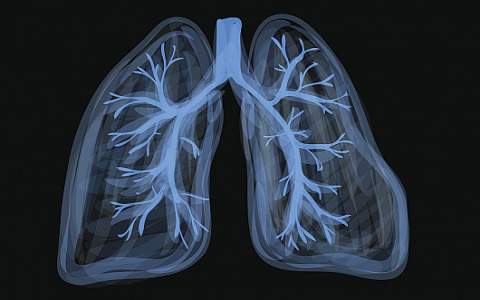Electronic cigarettes (e-cigarettes) and regular cigarettes both pose health risks, but they differ significantly in chemical exposure and disease associations. Here’s a concise comparison:
Regular Cigarettes: Established Risks
- Combustion Byproducts: Release 7,000+ chemicals (70+ carcinogens) including tar and carbon monoxide
- Cancer: Directly linked to lung, throat, and pancreatic cancers
- Cardiovascular Damage: Increases heart disease and stroke risk by 2-4x
- Respiratory Harm: Primary cause of COPD and emphysema
- Addiction: High-nicotine delivery reinforces dependence
E-Cigarettes: Reduced But Substantial Risks
- Toxic Exposure: Lower levels of carcinogens than cigarettes, but aerosols contain heavy metals (lead, nickel), ultrafine particles, and volatile organic compounds
- Cancer Risk: Significantly reduced compared to smoking, though long-term studies remain limited
- Cardiovascular Impact: Nicotine elevates heart rate and blood pressure, but avoids combustion-related vascular damage
- Lung Health: Associated with EVALI (e-cigarette/vaping-associated lung injury) and may worsen asthma; avoids tar but irritates airways
- Novel Dangers: Explosion risks, chemical burns from leaks, and unknown effects of flavor additives (e.g., diacetyl linked to “popcorn lung”)
Critical Considerations
Relative Harm: Public Health England estimates e-cigarettes are ≈95% less harmful than cigarettes for smokers who completely switch. Dual use (both products) negates benefits.

Youth and Non-Smokers: E-cigarettes pose significant addiction risks for non-users, potentially acting as gateway products. Nicotine harms adolescent brain development.
Unknowns: Long-term cancer and respiratory impacts require further study, particularly for newer devices and flavorings.
Conclusion: While e-cigarettes expose users to fewer toxicants than combustible cigarettes and may aid smoking cessation, they are not risk-free. Complete abstinence from nicotine products remains the safest choice. Smokers considering e-cigarettes should consult healthcare providers for approved cessation methods.









